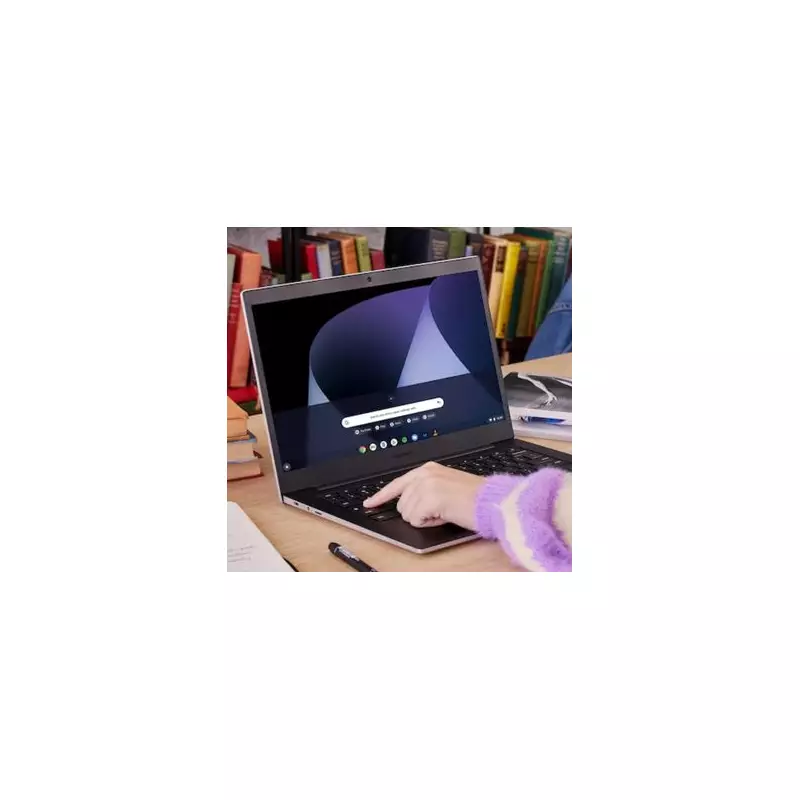
In a stunning twist that's sent shockwaves through the tech industry, Samsung has apparently outmanoeuvred Apple by integrating cutting-edge display technology into its upcoming Galaxy Chromebook Go – technology that was widely anticipated to debut in the iPhone 17.
The move represents a remarkable coup for the South Korean tech giant, potentially giving its new laptop a significant advantage in the increasingly competitive portable computing market.
The Display Revolution
At the heart of this technological upset is a sophisticated Tandem OLED panel. This isn't your ordinary display technology. Tandem OLED stacks two organic light-emitting diode layers, working in perfect harmony to deliver unprecedented brightness levels while significantly extending the screen's lifespan.
Industry insiders suggest this advanced display could achieve peak brightness of around 3,000 nits while consuming substantially less power than conventional OLED screens – a crucial advantage for portable devices where battery life is paramount.
Apple's Unexpected Setback
What makes this development particularly remarkable is that Apple was widely expected to be the first to market with this technology. Multiple reports from reliable sources had indicated the iPhone 17 Pro models would feature Tandem OLED displays, marking a significant leap forward in smartphone display technology.
Instead, Samsung appears to have not only matched Apple's ambitions but potentially surpassed them by bringing this premium technology to the Chromebook market first. The strategic implications for both companies could be substantial as they jostle for position in the high-end device market.
Market Impact and Consumer Benefits
For consumers, this technological arms race translates to tangible benefits. The Galaxy Chromebook Go with Tandem OLED promises to deliver exceptional visual quality with vibrant colours, deep blacks, and remarkable brightness that should perform beautifully even in direct sunlight.
The power efficiency gains mean users could enjoy longer battery life between charges, addressing one of the most common concerns among laptop users. This combination of superior display quality and improved battery performance could make the Galaxy Chromebook Go a compelling option for students, professionals, and casual users alike.
The Broader Tech Landscape
This development highlights the increasingly blurred lines between mobile and computing technologies. As smartphone display technology migrates to laptops, consumers can expect to see continued rapid innovation in both sectors.
The timing is particularly interesting given the growing competition in the ARM-based computing space, with both Apple's Silicon chips and Qualcomm's Snapdragon X Elite platform challenging traditional x86 architecture dominance.
While full specifications and pricing for the Samsung Galaxy Chromebook Go remain under wraps, industry watchers are keenly awaiting further details. This unexpected move has certainly raised the stakes in the ongoing battle for tech supremacy between these two industry titans.





